In her first major policy speech since officially replacing President Joe Biden as the Democratic presidential nominee on August 16, Kamala Harris called for expanding jobs, increasing opportunities for Americans and making supply chains more secure.
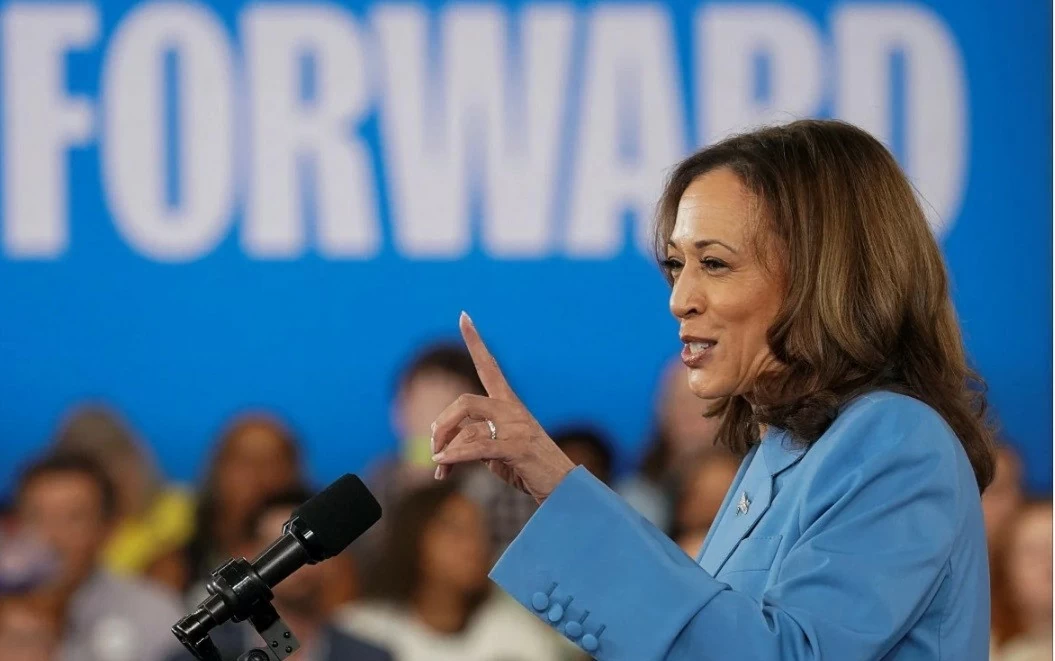 |
| Democratic presidential candidate Kamala Harris speaks to 300 supporters in North Carolina on August 16. (Source: Reuters) |
"As president, I will be laser-focused on creating opportunities for the middle class, promoting their economic security, stability, and dignity. Together, we will build what I call an opportunity economy… an economy where everyone can compete and have a real chance to succeed," Ms. Harris emphasized before a crowd of about 300 supporters at a community college in North Carolina.
With just 80 days to go until the November election, her 28-minute speech is expected to expand on several policies pushed by President Biden, including a plan to build 3 million new homes, issue a tax credit of up to $3,600 annually and ban food companies from "price gouging."
While not explicitly mentioning China, Harris also drew a contrast with import restrictions proposed by Republican presidential candidate Donald Trump, who has threatened to impose a 60 percent tariff on all imports from China and up to 200 percent on all imported vehicles, including those from Beijing.
“He wants to impose tariffs on everyday products and basic necessities that we import from other countries, which would be devastating to Americans,” Harris criticized, citing economists’ calculations that Trump’s plan would cost “the average family $3,900 a year. At a time when everyday prices are already high, he’s going to make them even higher,” she said.
The US economy is the strongest in the world and supply chains are improving after the pandemic, but prices remain high, Harris said, contrasting her approach with Trump's policies that favor wealthy Americans.
“He has a massive tax cut plan for billionaires year after year, and he has a corporate tax cut plan of over a trillion dollars, even as they make record profits. If you want to know who they care about, look at who they fight for,” Harris said.
Jobs, small businesses and unions are expected to continue to be the themes that Vice President Kamala Harris will continue to focus on in her campaign to balance big spending, focus on technology and limit investment to minimize China's strong economic rise.
China is likely to be one of the focuses of the three upcoming debates — two between presidential candidates and one between vice presidential candidates — beginning on September 10.
Harris’ economic priorities also reflect the political sophistication she is pursuing, analysts say, even as she seeks to distance herself from or deflect from controversial issues in the Biden administration’s legacy — including inflation, illegal immigration across the border and the progressive agenda.
Among the signature achievements of the Biden administration that the Democratic presidential nominee is expected to build on is the $280 billion Science and Chips Act, to be passed in July 2022, aimed at strengthening supply chain resilience and countering China’s rapid advances in chips and other technologies with potential military uses.
Complementing the Act are the $1.2 trillion Jobs and Infrastructure Investment Act and the $750 billion Deflation Reduction Act, which were signed into law in November 2021 and August 2022. The bills aim to rebuild America's crumbling roads, bridges and public transportation; fund electric vehicle chargers, clean energy transmission and internet broadband; and reduce greenhouse gas emissions, all part of efforts to give Washington a stronger footing in dealing with Beijing.
During his campaign, President Biden pledged to review Mr Trump's 2017-2021 China policies - marked by a trade war and punitive tariffs - and focus on a more selective "small yard, high fence" approach.
However, after taking office, the Biden administration kept most of the Trump-era import tariffs in place, not to mention significantly expanding export restrictions on advanced semiconductors and other advanced technology.
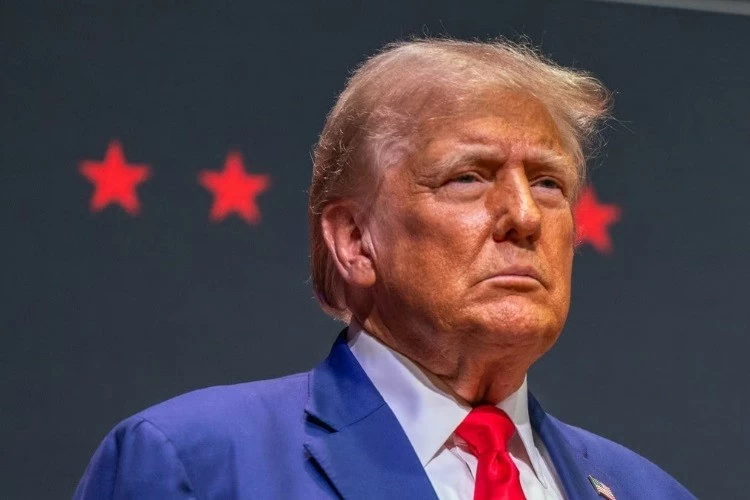 |
| During a campaign rally in Asheville, North Carolina on August 14, Donald Trump blamed Harris and the Biden administration for inflation. (Source: Getty) |
Economists have questioned the effectiveness of the administration’s proposed tariffs and supply chain restrictions, noting that many Chinese goods and components have in fact been diverted through many other countries. Notably, the US trade deficit with China has only declined slightly, from $300 billion to $279 billion between 2019 and 2023.
Neither Harris nor Trump mentioned lifting tariffs on China, which is one of the few issues where bipartisan consensus exists amid deep divisions, said Adam Posen, president of the Peterson Institute for International Economics.
"In terms of economics, trade and investment policy, I think there will be no difference. The US will certainly impose more punitive tariffs on China, restricting bilateral trade," said Mr. Adam Posen.
Since President Joe Biden withdrew from the race less than four weeks ago, handing the field to his running mate Kamala Harris, the race for the White House has been completely upended, giving Democrats a new dynamic. While Harris’s populist proposals on August 16 may be popular with voters, many of her economic priorities — and Trump’s — will need to secure majority support in the US Congress.
Earlier, in a speech at a campaign rally in Asheville, North Carolina on August 14, Donald Trump blamed Harris and the Biden administration for inflation before moving on to discuss immigration and other favorite topics.
Trump has said economic growth will be enough to pay off the country’s debt, and he has pledged to cut energy prices by 50-70% in 12-18 months. If he wins the election, the Republican candidate has vowed to increase permitting for exploration on federal land, ease pipeline permitting, and other measures to lower consumer prices.
Source: https://baoquocte.vn/chinh-sach-kinh-te-cua-ba-harris-se-rat-khac-voi-ong-trump-tac-dong-gi-den-trung-quoc-282922.html




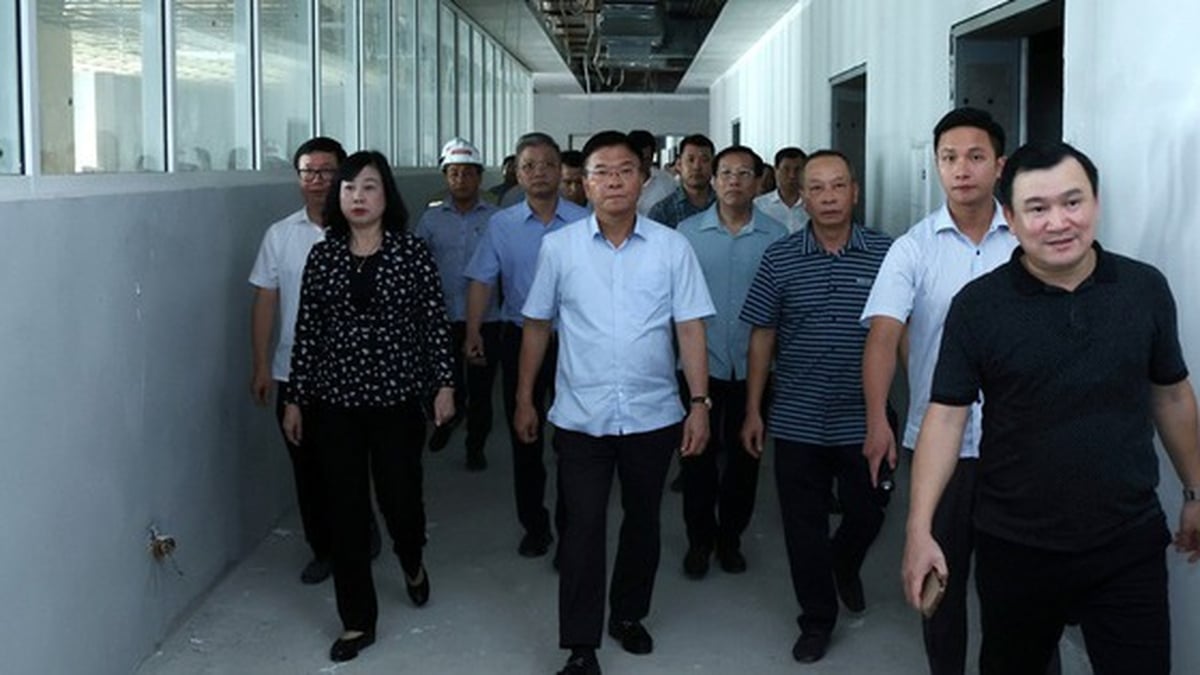
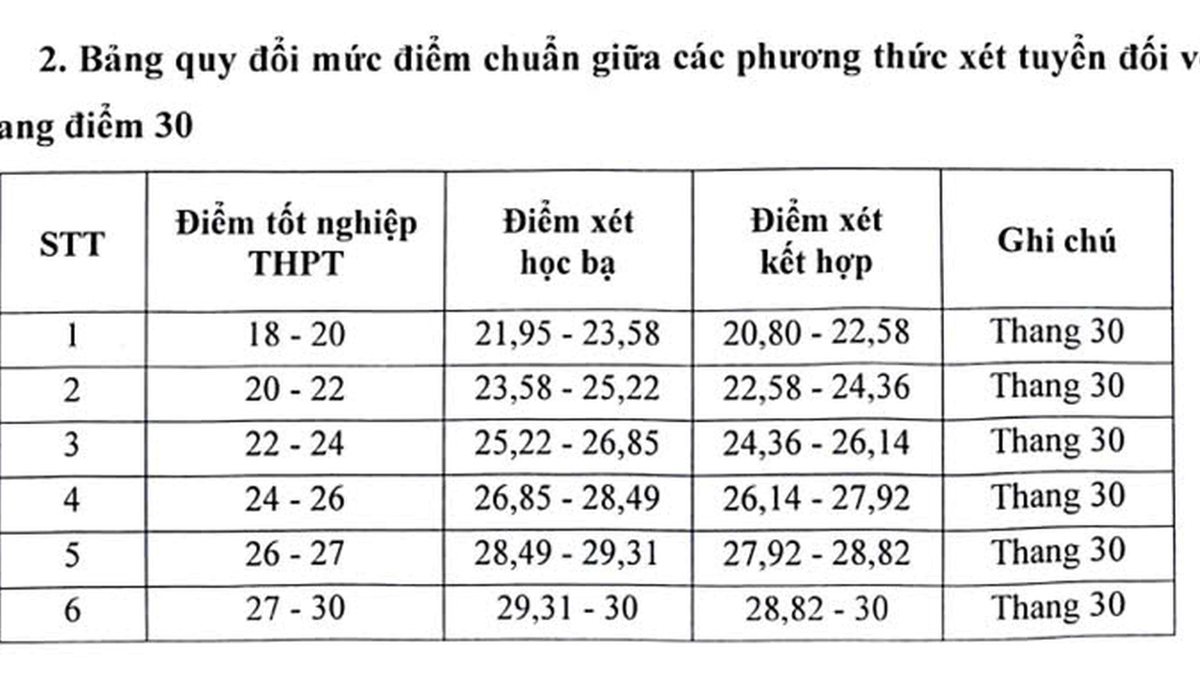

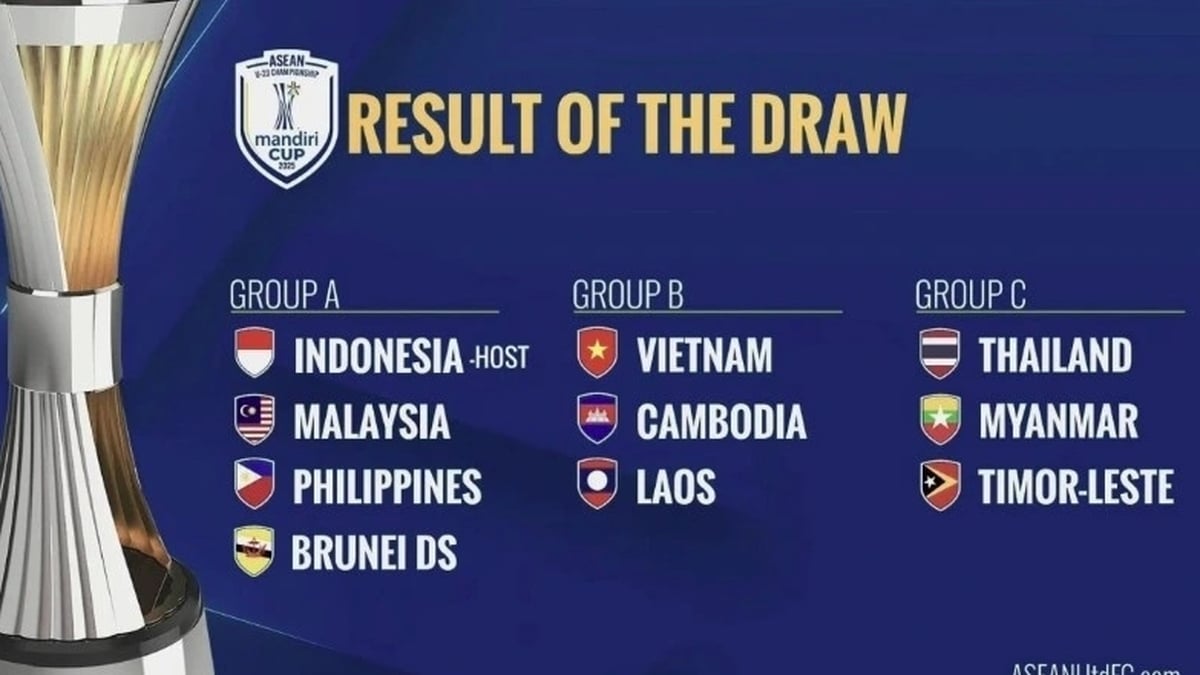
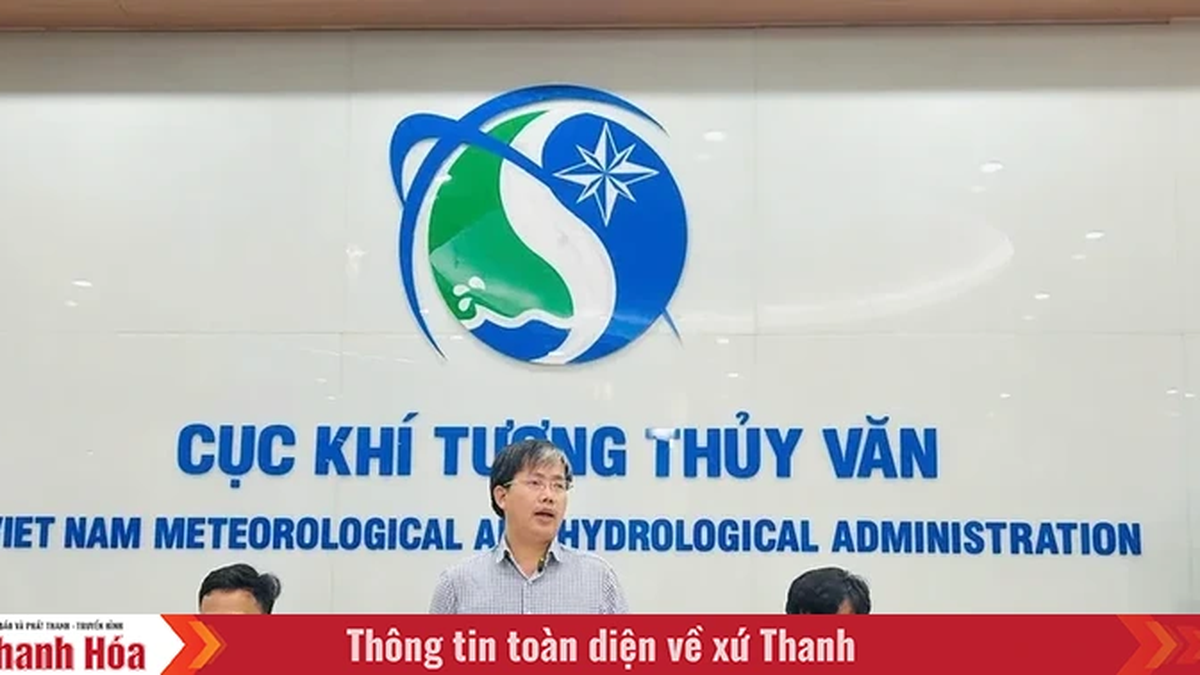
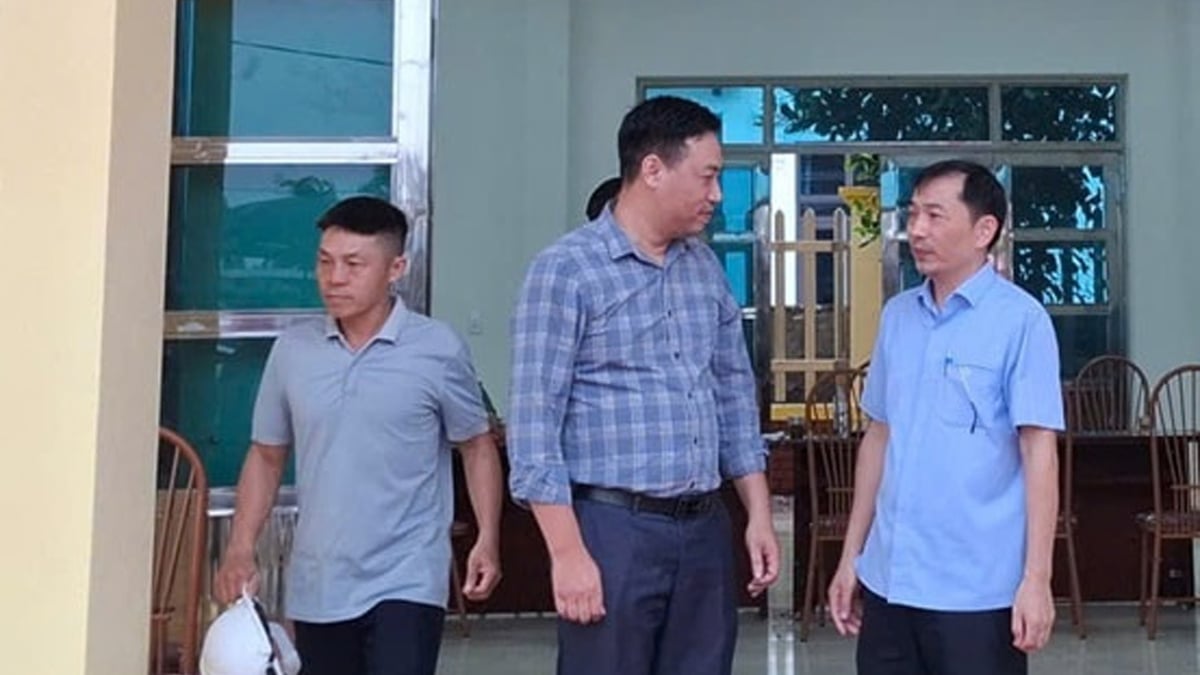
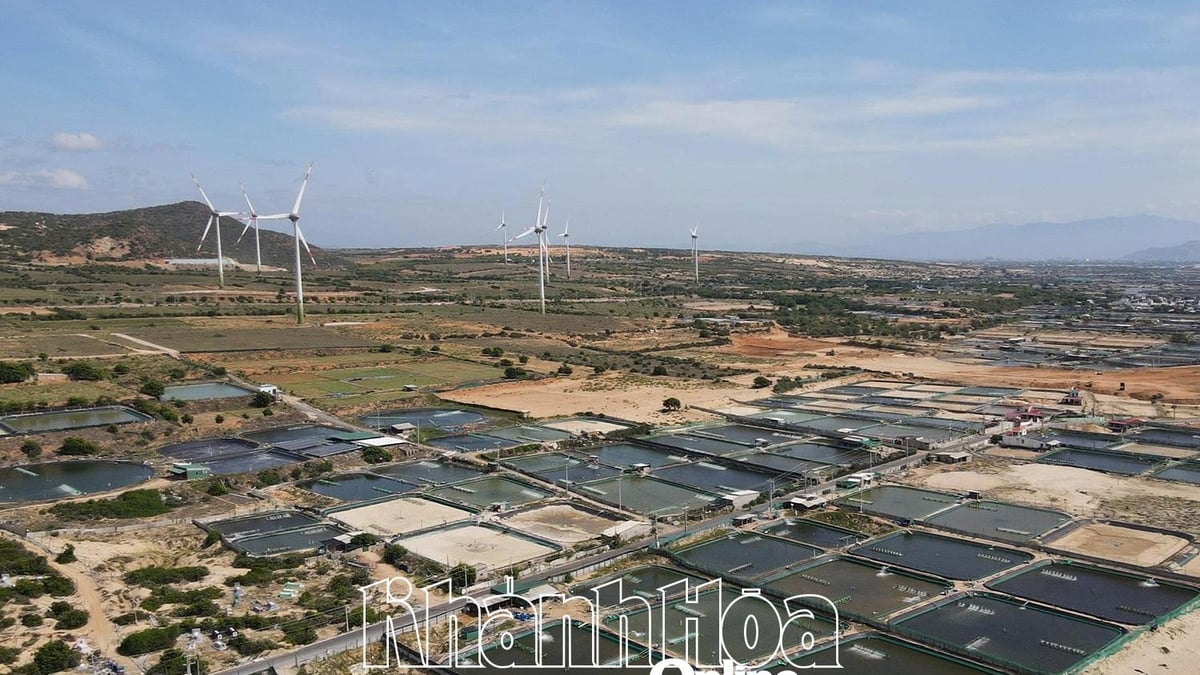
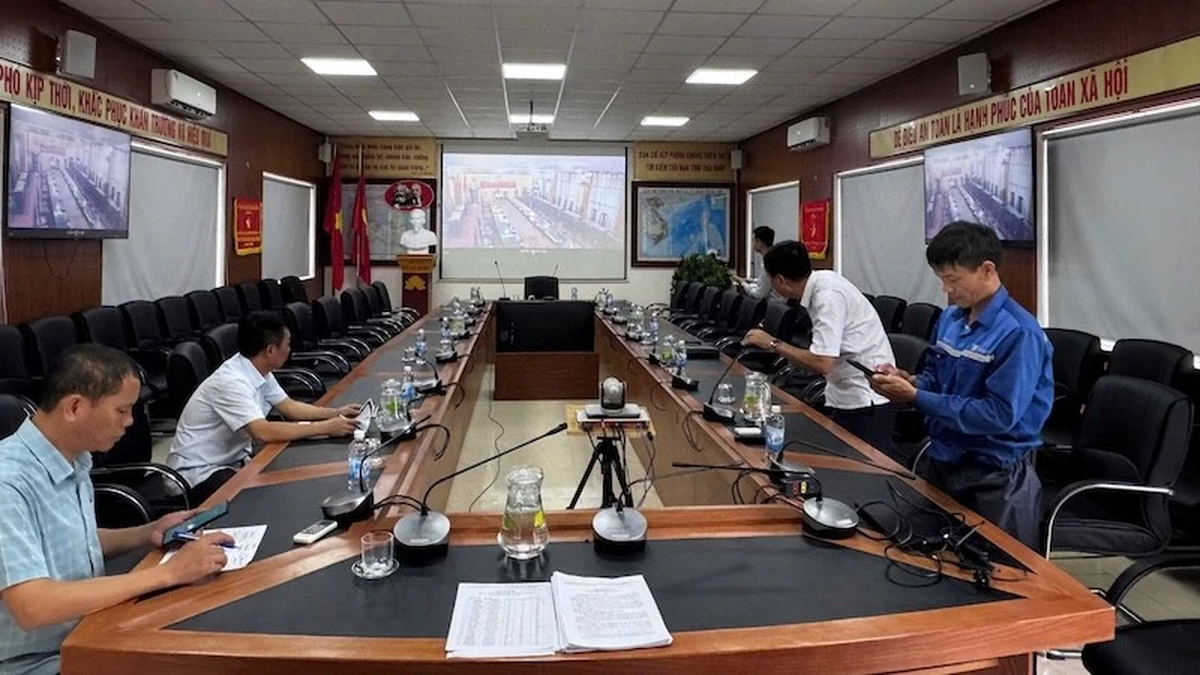













![[Photo] National Assembly Chairman Tran Thanh Man visits Vietnamese Heroic Mother Ta Thi Tran](https://vphoto.vietnam.vn/thumb/1200x675/vietnam/resource/IMAGE/2025/7/20/765c0bd057dd44ad83ab89fe0255b783)












































































Comment (0)